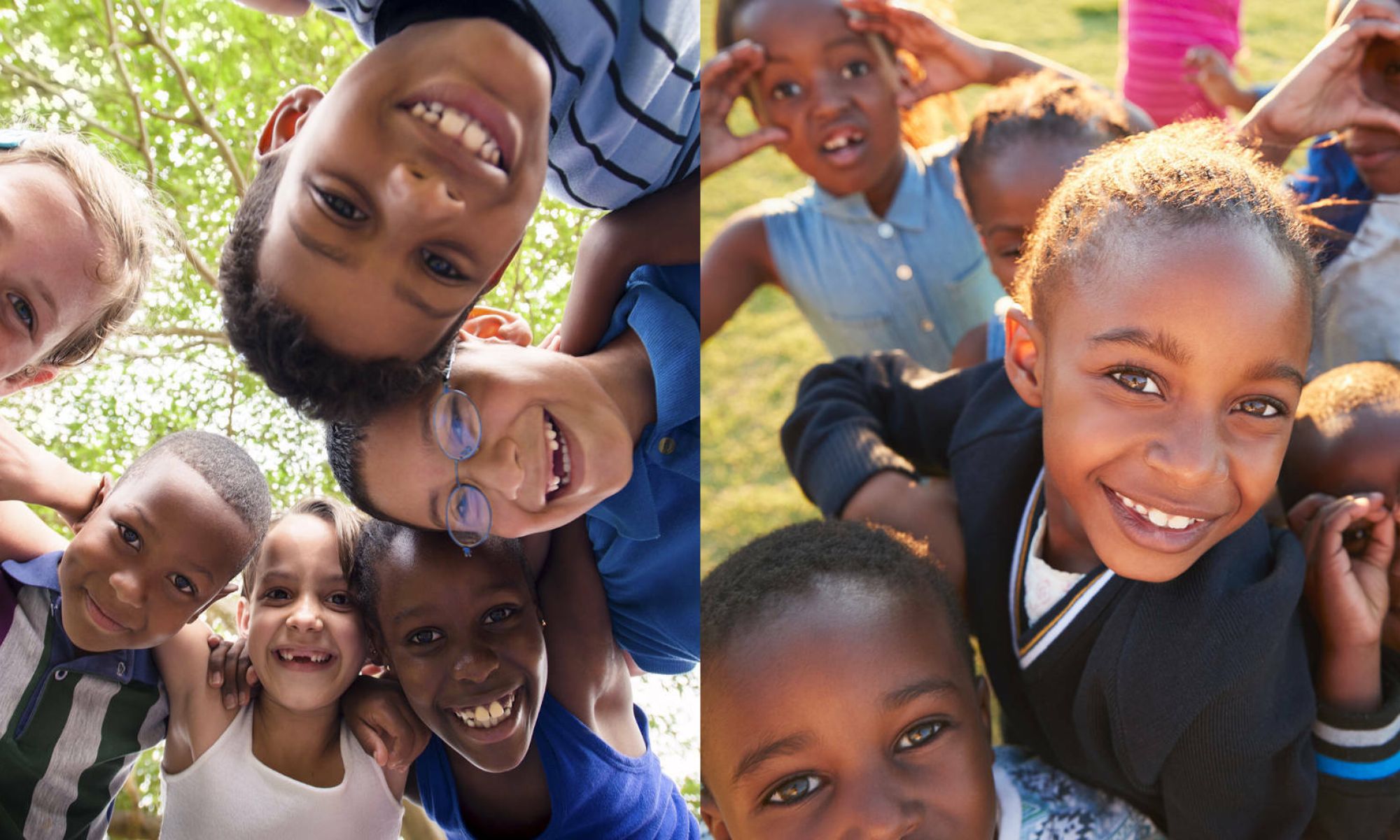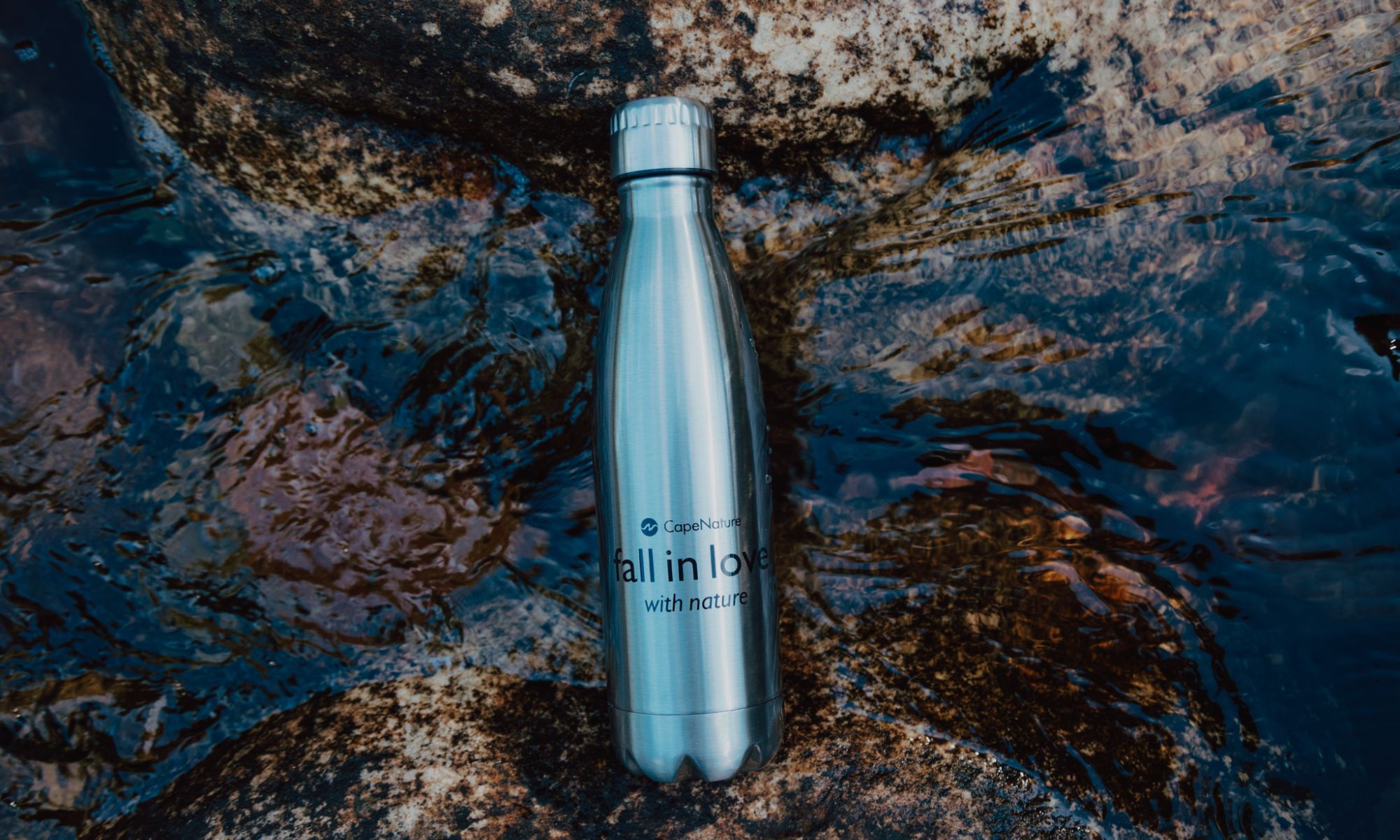
Join the Coolest Conservation Club This Biodiversity Day
CapeNature launched its newest conservation club for children at the Woodlands Primary School in Heideveld, Cape Town. This is just in time for the International Day for Biological Diversity which falls on 22 May each year.
The CapeNature Cubs Club is a digital platform for children between the ages of 4 and 13 years, where they can learn more about nature and how to protect it. According to CapeNature’s CEO, Dr Razeena Omar, “Cubs Club members are afforded the opportunity to learn more about the environment and environmental issues and are provided with an incentive to participate in action projects through the club’s quarterly competitions. We hope that these projects will act as a catalyst for positive actions that will inspire young people to become ambassadors for nature in future.”
Upon sign-up children will receive a free welcome pack filled with goodies such as an indigenous tree seed and Cubs Club button badge, to get their conservation journey started. Currently, welcome packs are limited to the collection in the Western Cape, but expansion to other provinces is a future possibility.
Cubs Club members will receive a quarterly online newsletter, including fascinating facts and simple environmentally friendly activities that can be completed at home. Children are encouraged to participate in these action projects and to send pictures of their participation to CapeNature, which will allocate points for each green action. At the end of the quarter, children with the highest scores earn a chance to win magnificent prizes. Each quarter is themed and once a member has earned 200 points for actions under a specific theme such as water or biodiversity, they are awarded a theme-specific button badge.
The benefits of being a Cubs Club member do not end there. Cubs will also receive a 20% discount on a family holiday at participating CapeNature reserves for their birthday, valid for six months! Ts&Cs apply and parents can register their children by visiting the Cubs Club page here.
For more information on the club, parents can email learning@capenature.co.za.





